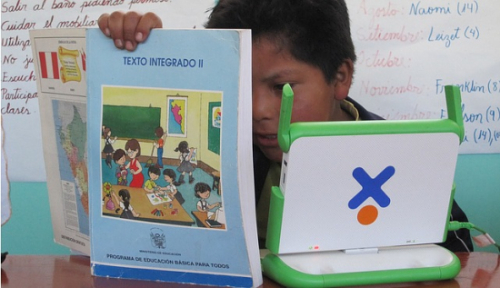Across the world, governments, donors, private companies, parents and schools are establishing computer facilities and connecting them to the Internet in an effort to improve education. Although well intentioned, a common result of these efforts is the challenge schools have in keeping their computers running, covering increased costs for electricity, paying for Internet connectivity and integrating the use of computers into the curriculum.
The Computer System Sustainability Toolkit is designed to help staff, students and parents at schools gain the skills needed to develop and implement plans to establish and/or sustain their computer systems. The Toolkit is written so that members of the school and community can create and implement their plans without additional external support.
Does this Toolkit work? Can computer facilities at schools really become self-sustaining entities? Can schools really generate sufficient income from their facilities to keep their systems running, to buy new equipment, and to build the capacity of their staff to use the computers? Can schools really learn to integrate the use of their computers across their curriculum? And can they do all this on their own?
The short answer to these questions, at least according to the initial evidence, is YES!
The content from the Toolkit was first used with the staff and students at five rural schools in Southern Sumatra as part of a small project that was funded by Qualcomm Wireless Reach. Before this effort, most of the computers that had been installed at these schools a year earlier were not working, the schools were no longer connected to the Internet and the IT teachers were the only teachers at these schools who were using the computers with students. Now, three years later, all the computers at these schools are fully functioning, the labs are well maintained, most teachers at these schools now use the labs with their students and each school has a well established Student Support Technicians Club (SSTC). And all this has been done with funds generated through the use of their computer facilities.
Digital copies of the toolkit in color and grayscale, along with a variety of tools and templates can be downloaded online at: http://aed.org/Publications/computer-system-sustainability-toolkit.cfm







































